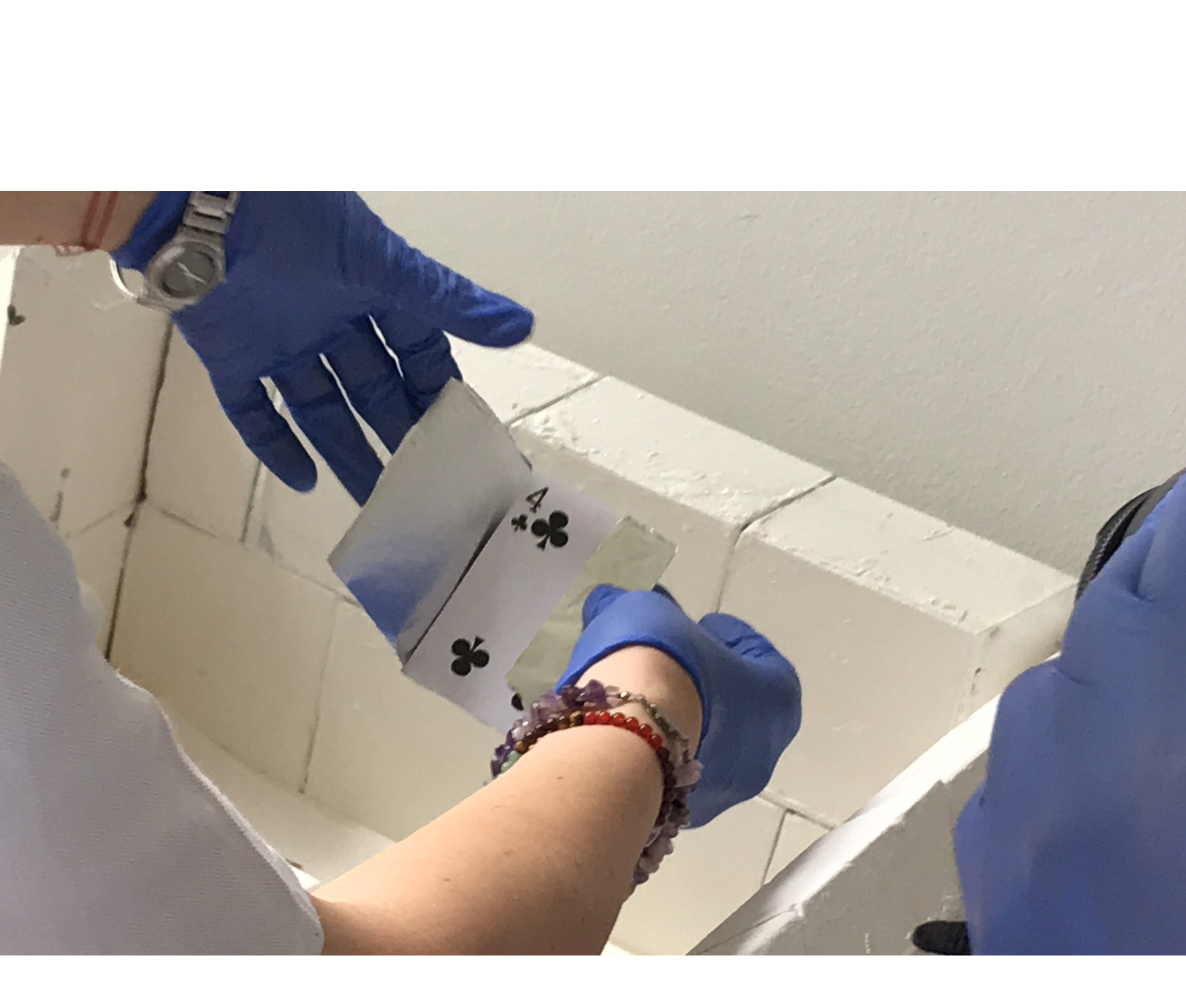For the last 25 years, the ITWG has offered a forum for scientists, regulators, law enforcement personnel, prosecutors and policymakers from nearly 40 countries and international organizations, including the IAEA, to discuss best practices and recent developments in nuclear forensics. It also organizes training exercises and supports the development of guidelines on nuclear forensics. The aim of the ITWG is to create a unified nuclear forensics approach to assist law enforcement authorities.
To facilitate connections for mutual nuclear forensics assistance and information sharing between the countries, ITWG affiliates are frequently involved as experts in IAEA meetings, conferences and training courses. The IAEA also assists countries that are part of the ITWG community through, among others, sharing knowledge and providing analytical services related to illicit trafficking.
“Nuclear forensics as a scientific discipline has existed since the 1990s, and the ITWG, the IAEA and the Global Initiative to Combat Nuclear Terrorism have collaborated to help grow forensics as a nuclear security tool,” said Michael Curry, a senior coordinator for nuclear forensics cooperation at the US Department of State’s Bureau of International Security and Nonproliferation and a co-chair of the ITWG. “As technical experts increasingly connected to policymakers, we saw tremendous growth and development of national programmes that utilize forensics as a nuclear security tool, and an important platform for those connections was the ITWG.”
Since the field of nuclear forensics first emerged more than 25 years ago, the methods and technology have advanced, but so has the way criminals operate, said Klaus Mayer, Deputy Head of the Nuclear Safeguards and Forensics Unit of the European Commission’s Joint Research Centre and an ITWG co-chair.
“Today, we are faced with perpetrators that act in a smarter way,” Mayer said, explaining how activities can be veiled using online networks such as the ‘darknet’, which is anonymous and is not visible to standard search engines. “To stay ahead of the game, we not only need to continue increasing our scientific knowledge base, we also need to work in a much more information-driven manner and operate in a more integrated way with law enforcement and information services.”
Countries worldwide work with the IAEA to increase their nuclear forensics capabilities. Such capabilities are a key aspect of a country’s security infrastructure for the prevention, detection of and response to theft, sabotage, unauthorized access, illegal transfer or other malicious acts involving nuclear and other radioactive material.


